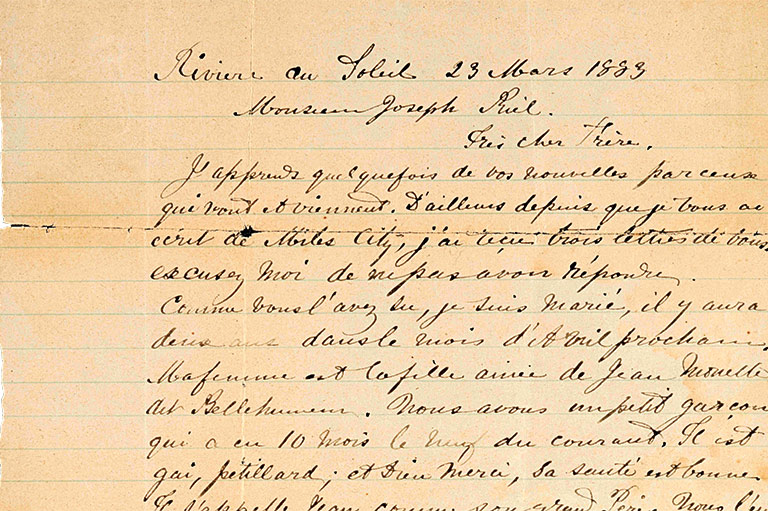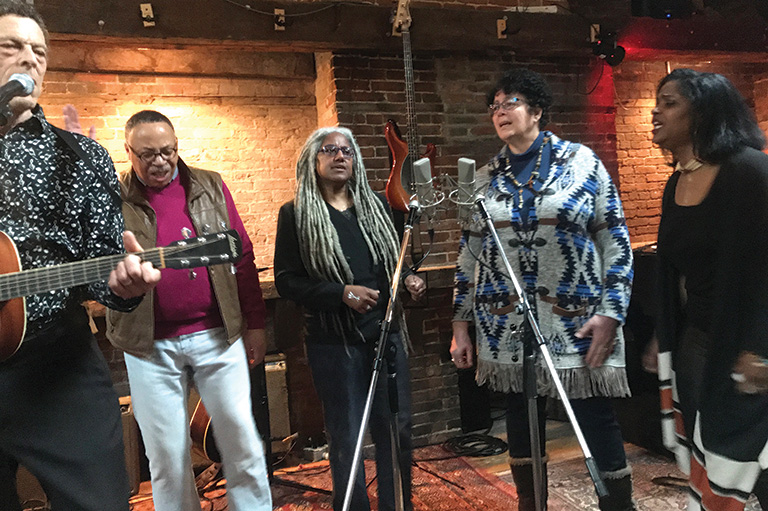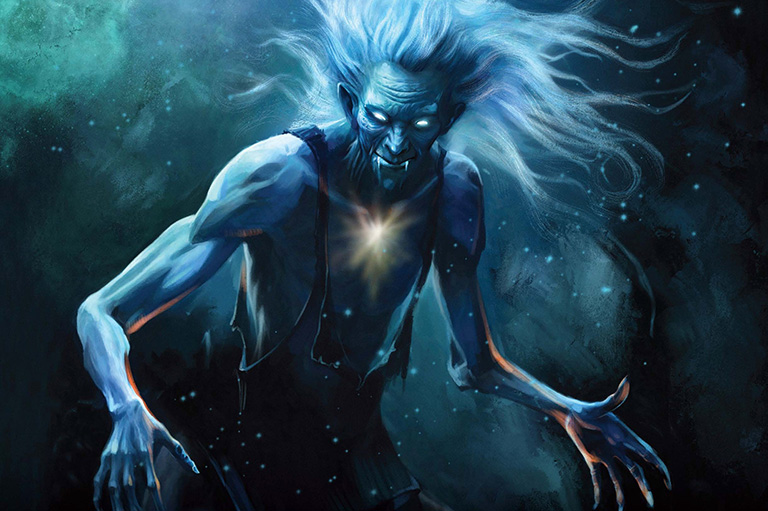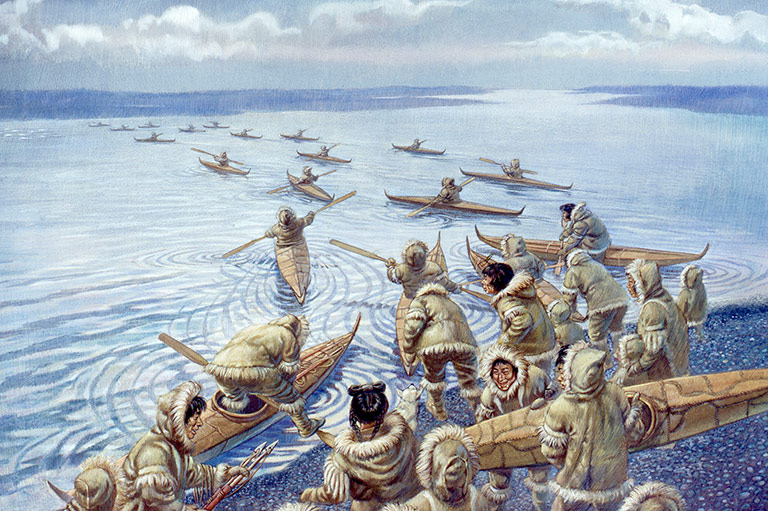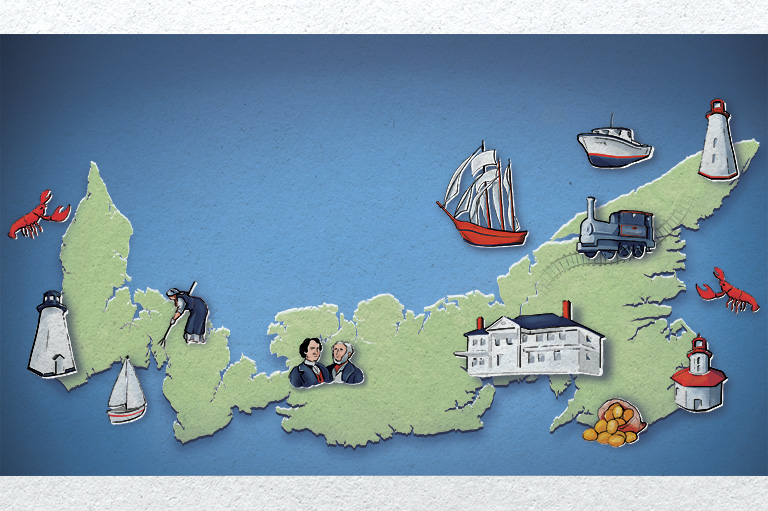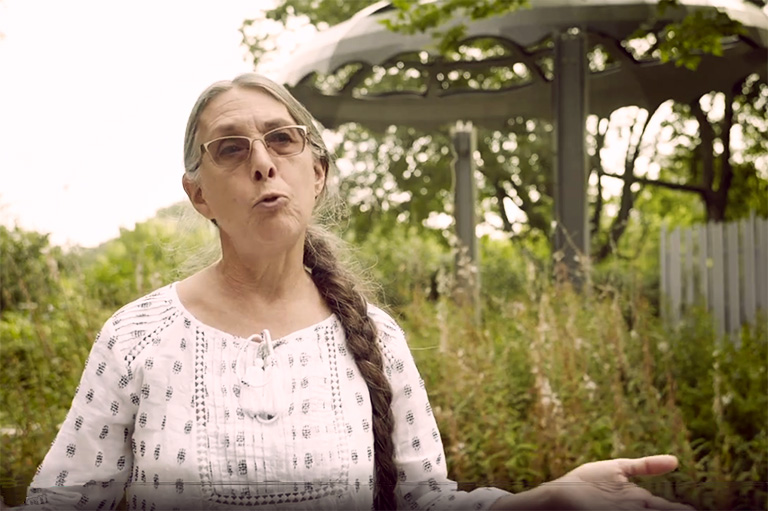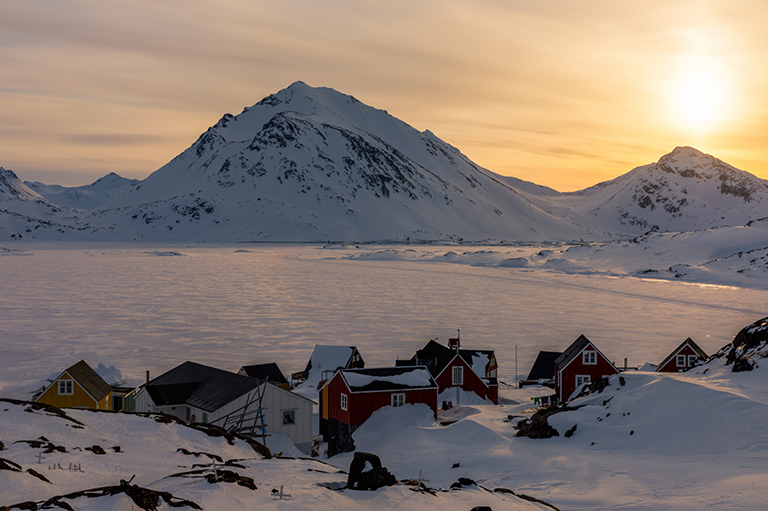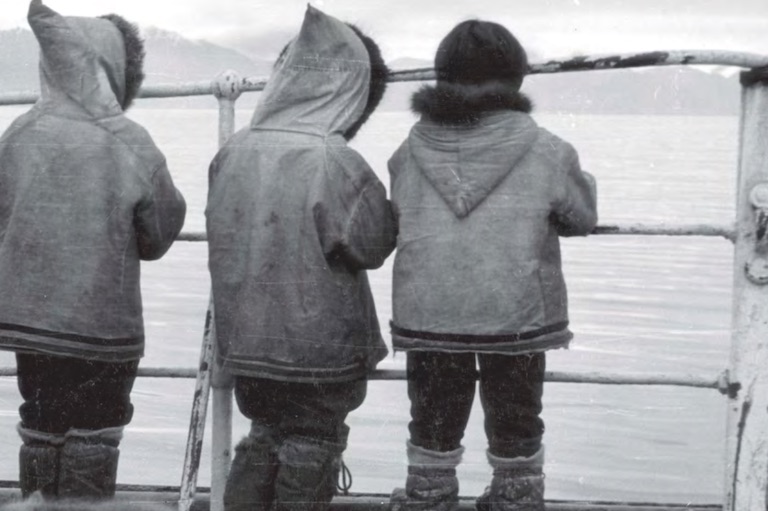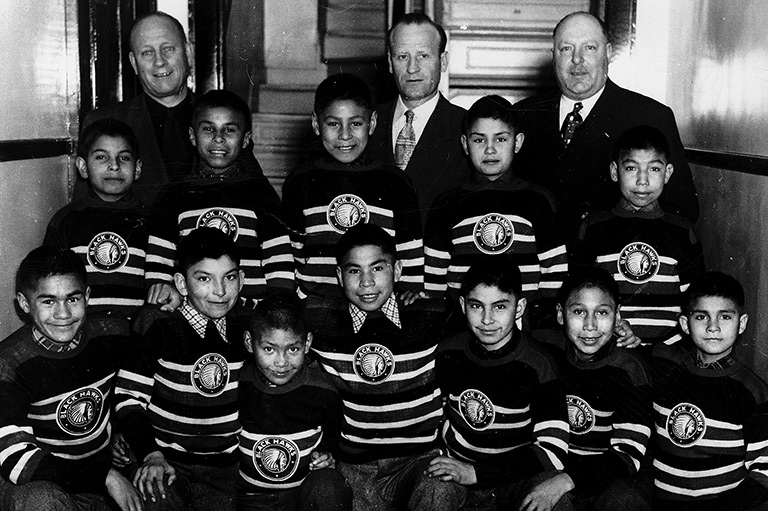Lacrosse Champ Honoured
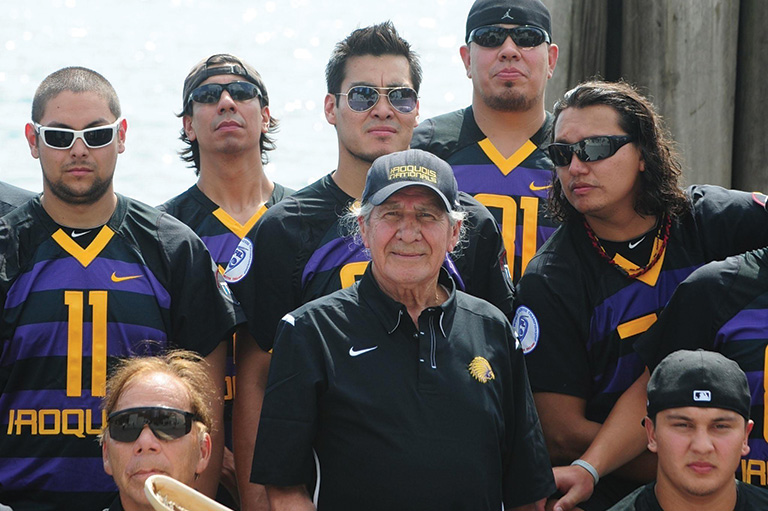
Onondaga Chief and lacrosse champion Oren Lyons has been awarded the Order of Sport and inducted into Canada’s Sports Hall of Fame.
Born on the Onondaga Nation in New York, the ninety-three-year-old Lyons has been a player, coach, university professor, artist, activist, author, and Onondaga Nation Faithkeeper who helped to establish the United Nations Working Group on Indigenous Populations.
An outstanding goaltender for several box lacrosse teams in the United States from the 1950s to the 1970s, Lyons went on to co-found the Iroquois Nationals (now the Haudenosaunee Nationals) in 1982. The only sovereign Indigenous team to compete in international lacrosse, the Nationals won bronze medals at the World Lacrosse Championships in 2014, 2019, and 2023.
“To the Haudenosaunee, it’s much more than a sport,” Lyons said in an interview with CBC Indigenous in September. “It’s a medicine game, and we’ve been playing it for over 1,600 years.” The Haudenosaunee include members of the Seneca, Cayuga, Oneida, Onondaga, Mohawk, and Tuscarora First Nations.
Lyons has received many awards, but being inducted into Canada’s Sports Hall of Fame still caught him by surprise. “A good surprise, and you don’t get that kind of surprise this time of your life, I’ll tell you that,” said Lyons.
Also inducted into Canada’s Sports Hall of Fame in October were softballer Phyllis Bomberry, mixed martial artist Georges St-Pierre, judoka Hiroshi Nakamura, wheelchair basketball player Danielle Peers, figure skating duo Tessa Virtue and Scott Moir, and the Ferbey Four curling team of Randy Ferbey, Dave Nedohin, Scott Pfeifer, and Marcel Rocque.
Canada's History magazine was established in 1920 as The Beaver, a Journal of Progress. In its early years, the magazine focused on Canada's fur trade and life in Northern Canada. While Indigenous people were pictured in the magazine, they were rarely identified, and their stories were told by settlers. Today, Canada's History is raising the voices of First Nations, Métis and Inuit by sharing the stories of their past in their own words.
If you believe that stories of Canada’s Indigenous history should be more widely known, help us do more. Your donation of $10, $25, or whatever amount you like, will allow Canada’s History to share Indigenous stories with readers of all ages, ensuring the widest possible audience can access these stories for free.
Any amount helps, or better yet, start a monthly donation today. Your support makes all the difference. Thank you!
Themes associated with this article
Advertisement
With 7 uniquely curated newsletters to choose from, we have something for everyone.

